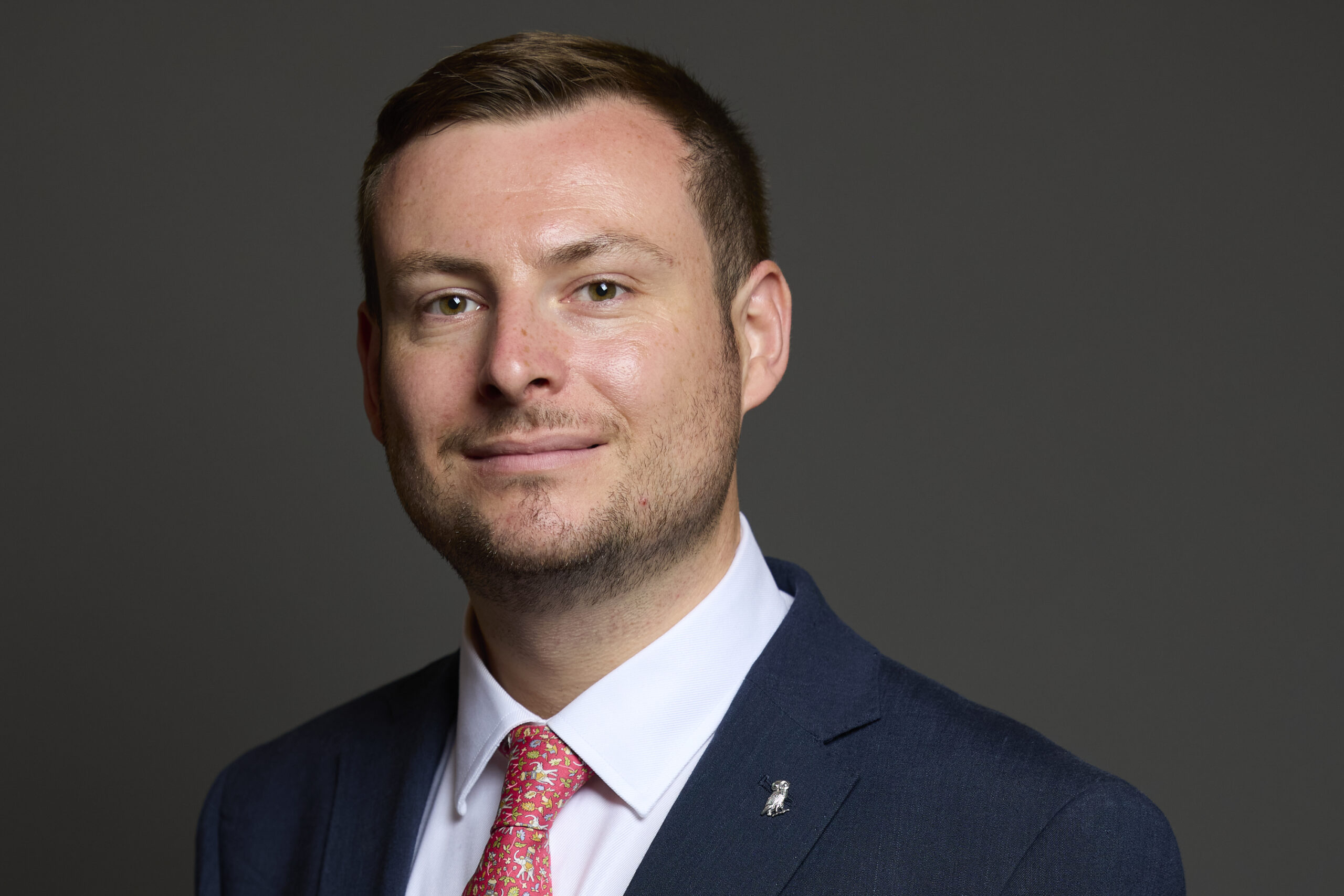Driving test delays are a source of misery, anger and lost opportunity across the country. In September, new learners waited an average of over four months for a test. That’s a third of a year where young people cannot get moving, apply for new jobs, and have to rely on public transport, or their parents ferrying them around. I doubt there are many Members of this House – independently spirited as we are – who would’ve delighted to spend an extra four months of their teenage years riding in the back seat. But that is the reality for our constituents.
This problem has been decades in the making. There can be no doubt that the COVID pandemic was the perfect storm for a driving test system which had been on shaky ground for some time. In my constituency, waiting times fluctuated between 4 and 11 weeks in the three years leading up to the first lockdown – an already unacceptably wide margin, but one which had come down slightly from the two previous years. By the end of 2020 they were at 17 weeks. At the end of September this year, they were 23 weeks.
The previous Government and the DVSA enacted special measures during and immediately after the pandemic, opening up extra slots by getting testers to work longer, or reassigning them from back offices. This welcome step addressed the symptoms, not the sickness: we need more examiners, and more test centres to create a test system which is resilient to growth. I therefore welcome comments from the Roads Minister in my recent Westminster Hall debate, where she pointed out that recruitment is one of the key areas the DVSA are working hard to improve, alongside continuing to add test slots through booking slots on weekends and public holidays, and buying back leave from examiners.
Test waits have exposed learners to fraud and exploitation as they, in understandable desperation, trawl the black market of test touters to try and get an earlier slot. These touters have exploited flaws in the DVSA booking system to block book tests (using bots, fake driving school accounts, and the details of innocent learners) and sell them on at a premium.
There is even now a more innocent market in apps which trawl the DVSA database to give live updates on test availability and cancelled slots nationwide. While this practice seldom requires learners to input their own data, they often come at expensive subscription fees. Whilst new drivers are facing some of the highest driving insurance rates of all time, and the cost of living bites, this has placed another degree of separation between the haves and have nots, and raised an additional barrier to entry for learners from less wealthy backgrounds.
So, whilst I’m pleased to hear of action on the part of the DVSA to close down dodgy accounts, we need to go deeper. The DVSA should look at how the booking system could be overhauled to prevent the practice entirely, and whether outlawing test touting could be achieved in line with the Government’s plans to clampdown on ticket touting. I was pleased that the Roads Minister committed to further looking into this issue in her response to the debate.
When I failed my first driving test – which, as I point out to my partner without even a hint of defensiveness, most people do – the few weeks I waited for a retest passed as an irritating blip. For the majority of learners today, booking a test is a source of anger, restriction, and financial risk. Root-and-branch reform is needed to make sure that we tackle this backlog and bring test wait times down, undercut black market test touting, and build a driving test system which is capable of handling growth and increased demand in future.
Time to reform our broken driving test system that sees learners waiting months to take their test


